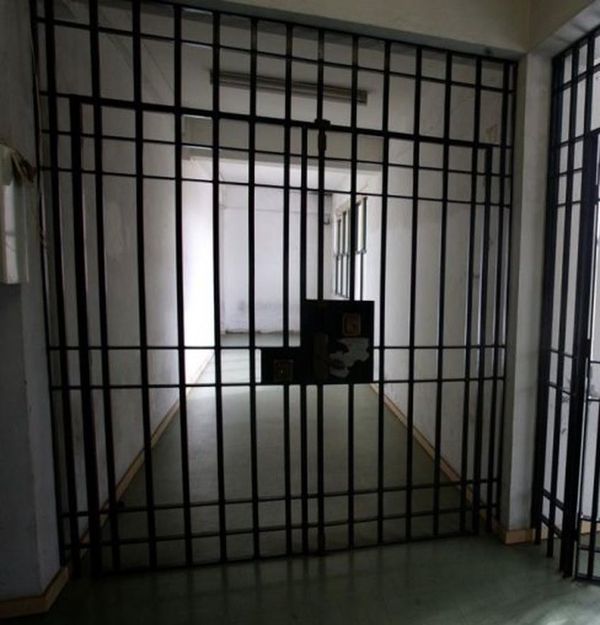Getting a GED in Prison: How It Helps
- Category: Pics |
- 24 Dec, 2019 |
- Views: 1508 |

There are several ways that people in the correctional system can gain experience that will help them on release. In fact, several of these programs can help prisoners to gain early probation. Completing a GED, the equivalent of a high school diploma, is a popular option.
Statistics reveal that right from the beginning of their lives, people who end up serving time in prison have less access to educational opportunities than others. These restrictions not only make them more likely to end up incarcerated, but also much less likely to secure paid work after they’re released. Earning a GED can make real jobs for felons much more possible and reduce the risk of further offenses.
The Statistics
Research has shown that a large percentage of prison inmates (over a third) don't have a high school diploma. This lack of qualifications, combined with a criminal history, can make it extremely difficult for people released from prison to find work. Research has also shown that those prisoners who are unable to find work after their release are much more likely to re-offend. Gaining a GED while serving time can help inmates to find employment and avoid returning to crime. Prisoners who do so are significantly less likely to end up back in prison.
Formerly incarcerated people who have no high school diploma or GED have staggeringly high unemployment rates, especially if they are a person of color. More than half of formerly incarcerated people in the United States have only a GED, and of those GEDs, nearly three-quarters are earned while serving time. That means that most people entering the prison system have, at the time of their incarceration, no educational credentials at all. People who have been incarcerated are eight times less likely to gain a college degree than the general public.
Getting a GED While Serving Time
Getting a GED in prison is useful, but not always straightforward. Programs are common, but not all inmates can take part as most have limited capacity and even more limited funding. Many inmates also have specific issues or problems that mean they might struggle in learning environments. All these factors mean that inmates who haven't committed a violent crime, or who are serving shorter sentences, are more likely to be accepted onto a GED program than other prisoners. Those who are less likely to be released are more likely to be passed over.
Developments in technology have meant that GED programs are more accessible than previously, as online programs and multimedia software mean that learners can work at their own pace. It’s also much cheaper to run an online program than one that involves in-person teaching.
It's proven that investment in GED programs for prisoners works out in the end as prisoners with GED qualifications are more likely to gain employment, and therefore, less likely to re-offend. As housing a prisoner is significantly more expensive than helping one to obtain a GED, it's clear that increased investment in GED programs for prisoners could have significant benefits.

